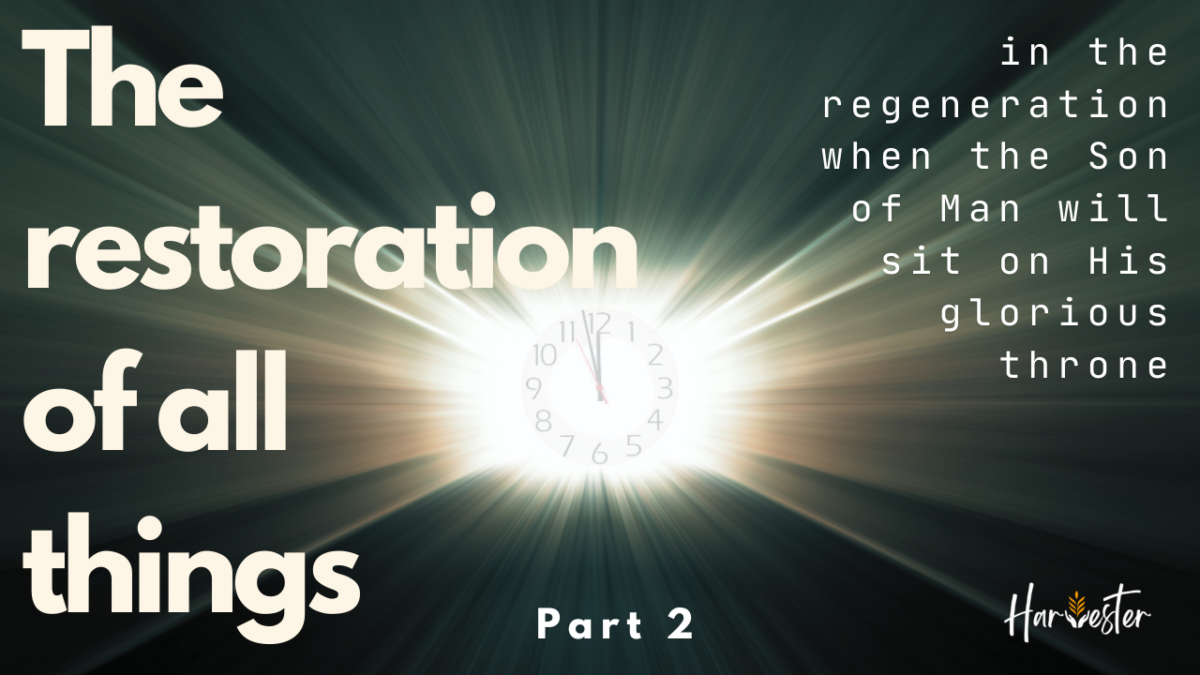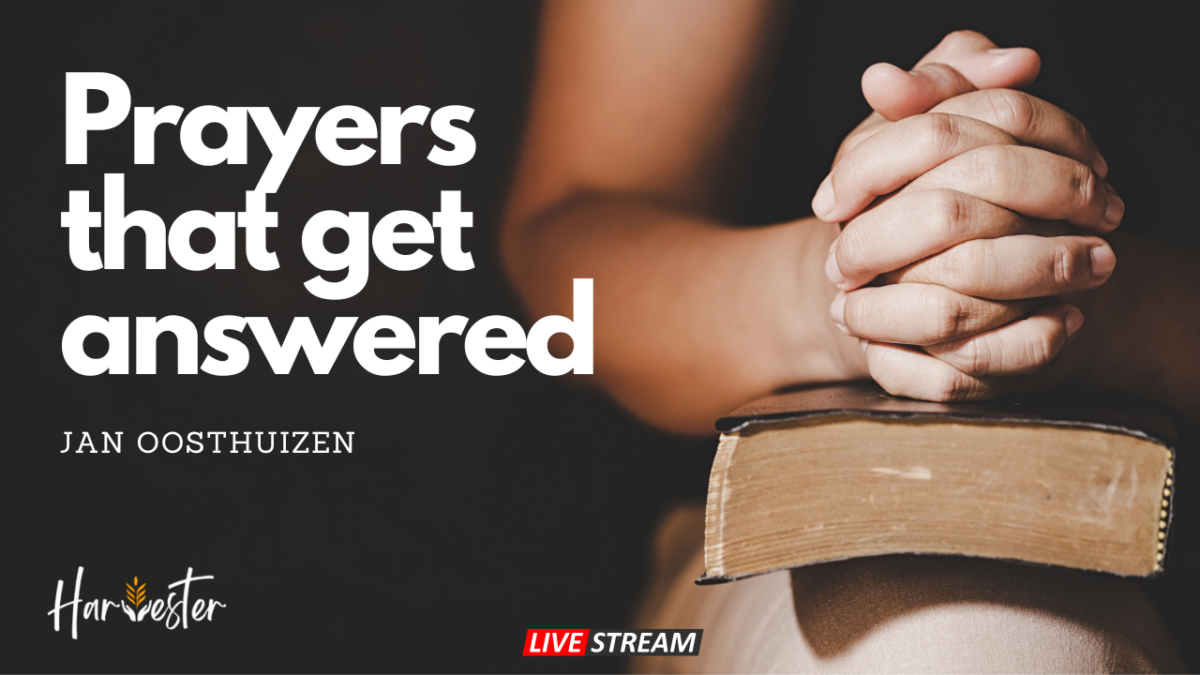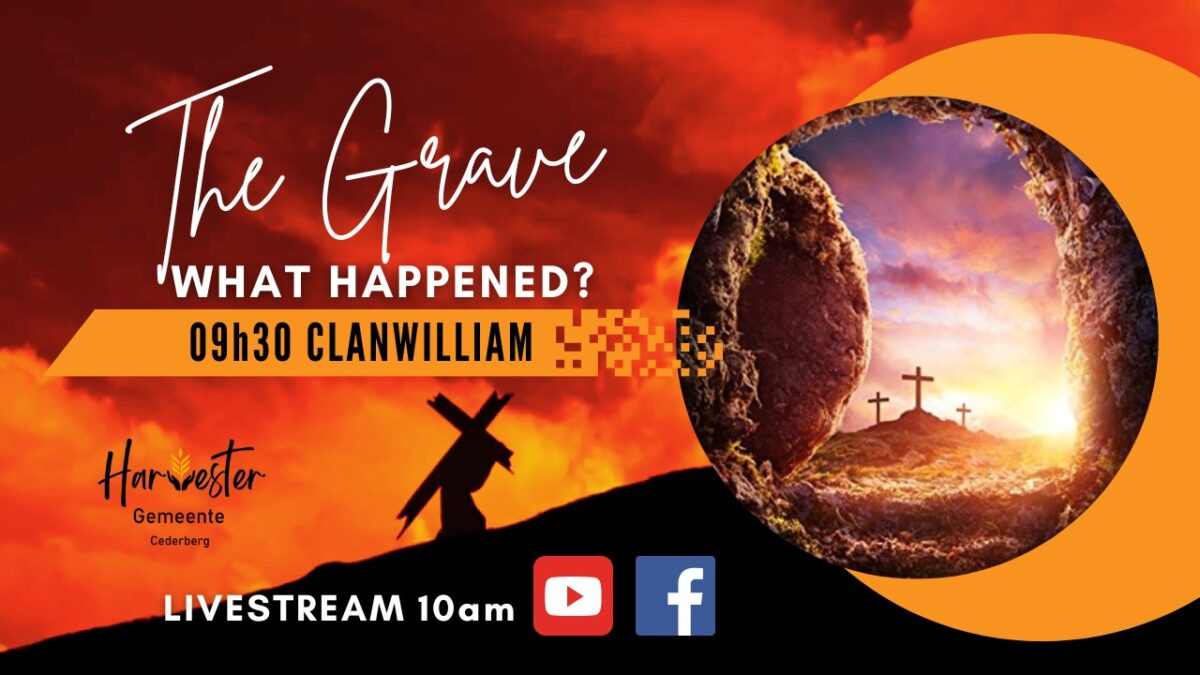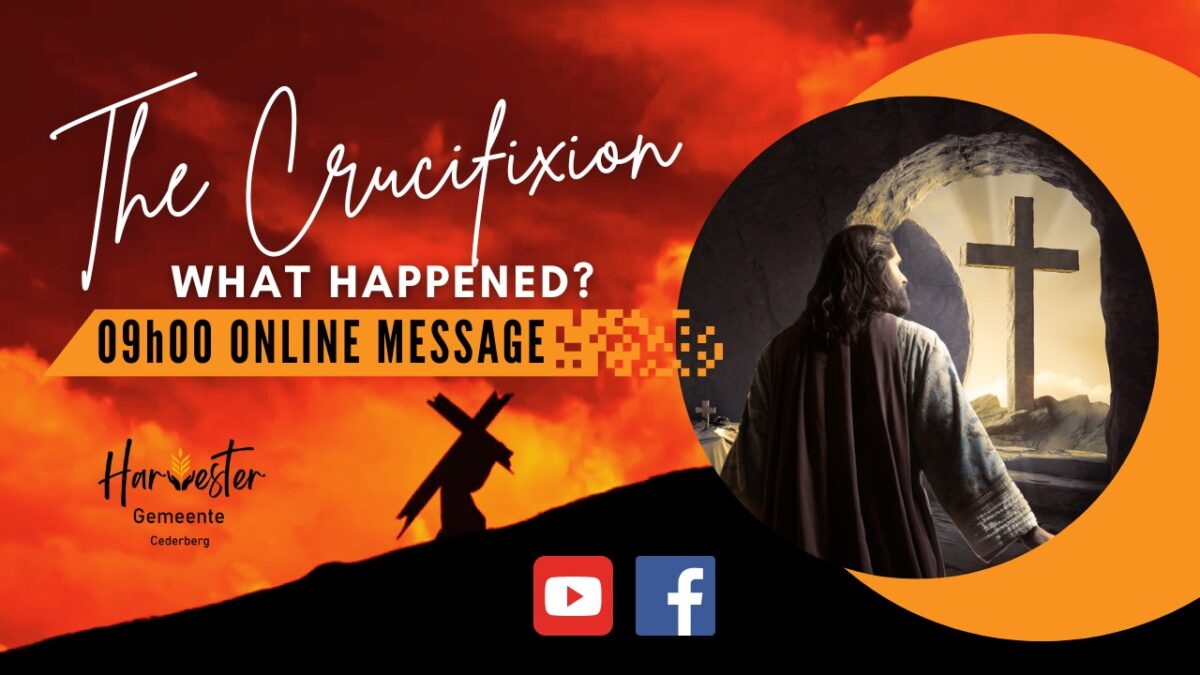We reside in a world increasingly marked by despair and uncertainty. The evidence of people losing hope is heart-wrenching, with rising suicide rates, particularly among children. Unemployment and overpopulation strain our economy, while the looming threat of climate change adds to the pervasive sense of instability. Amidst this backdrop, two major wars further darken the global horizon, leaving many questioning the notion of a hopeful future.
Recent statistics highlight concerning trends in mental health and suicide rates in South Africa. According to data from the South African Depression and Anxiety Group (SADAG), the country has one of the highest suicide rates in Africa, with 13,774 suicides reported in 2019, translating to a rate of 23.5 per 100,000 people. Notably, men are significantly more affected, with a suicide rate of 37.6 per 100,000 compared to 9.8 per 100,000 for women (Africa Check) (SAFMH).
Additionally, the demand for psychotropic medications for depression, anxiety, and mental trauma has surged, reflecting the increasing prevalence of mental health issues. The South African Federation for Mental Health (SAFMH) underscores the urgent need for enhanced suicide prevention measures and mental health support services, particularly in the wake of the COVID-19 pandemic which has exacerbated feelings of uncertainty and hopelessness (SAFMH).
FOUNDATIONAL HOPE TO ANCHOR THE SOUL!
THE RESTORATION OF ALL THINGS!!
Then Peter said to Him, “Behold, we have left everything and followed You; what then will there be for us?” And Jesus said to them, “Truly I say to you, that you who have followed Me, in the regeneration when the Son of Man will sit on His glorious throne, you also shall sit upon twelve thrones, judging the twelve tribes of Israel. “And everyone who has left houses or brothers or sisters or father or mother or children or farms for My name’s sake, will receive many times as much, and will inherit eternal life. “But many who are first will be last; and the last, first. (Mat 19:28-30)
A word study on the word ‘restoration’: 3824. παλιγγενεσία paliggenesía; gen. paliggenesías, fem. noun from pálin (G3825), again, and génesis (G1078), generation, regeneration, restoration, renovation, rebirth. In simple terms: GENESIS AGAIN!” – You can add the keyphrase at the end, for example: “In simple terms: GENESIS AGAIN, pointing to the RESTORATION OF ALL THINGS!
Let us embark on a journey to find THIS AUTHENTIC HOPE the Bible speaks of as beautifully illustrated by John Eldredge in his inspiring work, ‘All Things New: Heaven, Earth, and the Restoration of Everything.'” – You can add the keyphrase after “All Things New,” like this: “‘All Things New: Heaven, Earth, and the Restoration of Everything,’ pointing to the RESTORATION OF ALL THINGS.
“If I find in myself desires which nothing in this world can satisfy, the only logical explanation is that I was made for another world.”
C.S. Lewis
This other world is none other than the New Heaven and New Earth promised by God, a realm where all things will be restored to their intended perfection.
Isaiah 65:17 – “For behold, I create new heavens and a new earth; And the former shall not be remembered or come to mind.”
Isaiah 66:22 – “For as the new heavens and the new earth Which I will make shall remain before Me,” says the Lord, “So shall your descendants and your name remain.”
2 Peter 3:13 – “Nevertheless we, according to His promise, look for new heavens and a new earth in which righteousness dwells.”
Revelation 21:1 – “Now I saw a new heaven and a new earth, for the first heaven and the first earth had passed away. Also there was no more sea.”
Revelation 21:5 – “Then He who sat on the throne said, ‘Behold, I make all things new.’ And He said to me, ‘Write, for these words are true and faithful.'”
Revelation 22:1-5 – “And he showed me a pure river of water of life, clear as crystal, proceeding from the throne of God and of the Lamb. In the middle of its street, and on either side of the river, was the tree of life, which bore twelve fruits, each tree yielding its fruit every month. The leaves of the tree were for the healing of the nations. And there shall be no more curse, but the throne of God and of the Lamb shall be in it, and His servants shall serve Him. They shall see His face, and His name shall be on their foreheads.”
Acts 3:21 (NKJV) – “Whom heaven must receive until the times of restoration of all things, which God has spoken by the mouth of all His holy prophets since the world began.”
Romans 8:19-21 (NKJV) – “For the earnest expectation of the creation eagerly waits for the revealing of the sons of God. For the creation was subjected to futility, not willingly, but because of Him who subjected it in hope; because the creation itself also will be delivered from the bondage of corruption into the glorious liberty of the children of God.”
1. Longing for the Restored Earth
Our deepest longings are not mere fantasies; they are echoes of Eden, whispers of a coming glory. Eldredge suggests that these desires are a glimpse of Heaven itself. Scripture affirms this:
“He has made everything beautiful in its time. Also, he has put eternity into man’s heart, yet so that he cannot find out what God has done from the beginning to the end.”
Eccl.3:11
The very yearning we experience for beauty, justice, and love is Heaven beckoning us, inviting us to the fullness of life that God has prepared.
People often use the word “heaven” to describe a range of delightful experiences and emotions whilst enjoying a sunset on the beach it feels like “a slice of heaven” or a day at the spa; being pampered and relaxed feels like “pure heaven”. Or, savoring a piece of rich, creamy chocolate cake is absolutely “heavenly”. Listening to your favorite music can “transport you to heaven”. Walking through a blooming garden feels like a heavenly experience. Curling up with a good book on a rainy day is my idea of heaven. A long, peaceful sleep feels like heaven after a busy day. Sharing a heartfelt conversation with a loved one is “truly heavenly”. Experiencing a moment of pure joy and laughter feels like being in heaven. Watching the stars on a clear night can feel like a glimpse of heaven.
“I’ll let you in on a little secret: your heart is made for the kingdom of God. This might be the most important thing anyone will ever tell you about yourself: your heart only thrives in one habitat, and that safe place is called the kingdom of God.”
John Eldredge: All Things New: Heaven, Earth, and the Restoration of Everything You Love
The scriptural accounts after Jesus’ resurrection and before His Ascension gives us the clearest proof of what heaven is like. The story of Jesus meeting with His disciples on the shore of Galilee is one of the most revealing pieces of evidence ever! He did not act like an alien from space! He interacted “normally” like making a fire and inviting His disciples for a scrumptious beach breakfast with His friends!
Jesus Defied Natural Law Restrictions:
-
- Jesus moved through walls, instantaneously. (John 20:26)
-
- Even during Jesus’ ministry and demonstration of the Kingdom of Heaven is at hand, we see some glimpses of what Heaven is like: Jesus walked on Water (Matthew 14:29)
-
- The Spirit of the Lord caught Philip away (Acts 8:39; 1 Kin. 18:12; 2 Kin. 2:16; Ezek. 3:12, 14; 2 Cor. 12:2)
Feasting & Big Mealtimes!
In Jesus’ resurrected body, He evidently ate with His disciples. Having food to eat means there is great value in intentionality and togetherness around nourishment: someone will have to produce food, and someone has to prepare it! For people to sit at the table, someone had to craft the table and the chairs! Someone had to build the buildings. John 21:12; Jeremiah 31:13; Isaiah 25:6; Revelation 19:9 See also Matthew 8:11
Feeling at Home:
“Let not your heart be troubled; you believe in God, believe also in Me. In My Father’s house are many mansions; if it were not so, I would have told you. I go to prepare a place for you. And if I go and prepare a place for you, I will come again and receive you to Myself; that where I am, there you may be also.”
John 14:1-3
Heaven will feel like home!
Isa 65: 17–19, 21; Mat 19: 28–29; Mat 25:31-36; Joh 14:1-4
2. The New Heaven and Earth Restored Without Sin
Imagine a world unmarred by sin, where every molecule resonates with the holiness of God.
Revelation gives us this promise: “Then I saw a new heaven and a new earth, for the first heaven and the first earth had passed away… He will wipe every tear from their eyes. There will be no more death or mourning or crying or pain, for the old order of things has passed away.”
Rev. 21:1-4
In this restored creation, the curse of sin will be utterly abolished, and the earth will reflect God’s perfect will.
Imagine the awe-inspiring beauty of nature, where every person is a “Mr & Mrs Dolittle” harmoniously connecting with all animals, living without degradation, pollution, waste, or rubbish.
Remember the feeling of recovering from a long, bed-stricken illness? We all know how to appreciate a limited-addition, old masterpiece vehicle restored to its former glory. Think of that moment when you achieve perfection after countless hours of practice on a musical instrument. Recollect that warm feeling of delight when seeing an old friend again after many years! Think about those moments when your team functioned without jealousy, competition, egotistical distractions, or divisive factions.
This is the NEW EARTH—no sin. Picture a world where people aren’t weighed down by ego trips and selfishness, endless lusts, jealousy, anger or wrath, unhealthy desires, overindulgence, laziness, or self-absorption. This would enable everyone to thrive in a vibe of cooperation, mindfulness, genuine connections, and purpose-driven action.
3. Restored in Perfect Likeness of Jesus
We shall be transformed into the likeness of our risen Lord. Just as Jesus was resurrected with a glorified body, so too shall we be. Scripture tells us:
“He will transform our lowly bodies so that they will be like his glorious body.”
Philippians 3:21
Just a couple of hours after Jesus’ most brutal suffering on a cross, His resurrected body only bore the scars of His crucifixion as a testament to His victory over sin and death. Likewise, our resurrected bodies will be free from all blemishes of sin, a testament to our redemption and new creation in Christ.
We are most beautiful when we are most like Him:
“When He is revealed, we shall be like Him, for we shall see Him as He is.” (1 John 3:2)
1 John 3:2
Think of your mind functioning optimally, remembering everything, being sober-minded and focused, your body in perfect shape, and your unique talents reaching their full potential. Sin’s gravity is constantly pulling you down, yet in your innermost being, you know you can do better! Imagine the gravitational pull of sin completely irradicated! Weightlessness! This is what heaven is like! Perfected into the image of Christ!
4. Reunion with Lost Loved Ones in Perfect Harmony
Imagine the joy of being reunited with loved ones, all relationships restored in perfect harmony.
1 Thessalonians 4:17-18 provides this comforting assurance: “Then we who are alive, who are left, will be caught up together with them in the clouds to meet the Lord in the air, and so we will always be with the Lord. Therefore encourage one another with these words.”
In the New Heaven and Earth, every tear of separation will be wiped away, and we will enjoy eternal fellowship without the shadow of sin.
In the Old Testament, when a person died, the biblical writers said he was “gathered to his people” (cf. Gen. 25:8; 35:29; 49:29; Num. 20:24; Judg. 2:10). In 2 Samuel 12, when David’s infant child died, David confidently said, “I shall go to him, but he shall not return to me” (v. 23). David evidently expected to see his child again.
While sharing the Passover meal with His disciples, Christ said, “Take this [cup] and divide it among yourselves; for I say to you, I will not drink of the fruit of the vine until the kingdom of God comes” (Luke 22:17-18). Christ promised that He and His disciples would drink the fruit of the vine together again–in heaven.
This is why Paul writes: “lest you sorrow as others who have no hope” to comfort some of the Thessalonians who evidently thought their dying loved ones would miss the return of Christ. He says in verse 18, “Comfort one another with these words.” The comfort comes from the prospect of a glorious continual reunion.
5. My Purpose and Work Restored in God’s Likeness
Our work and creativity will find their true purpose in the New Creation. We will fulfill God’s dream for the world, engaging in work that is both meaningful and joyous.
“No longer will there be any curse. The throne of God and of the Lamb will be in the city, and his servants will serve him.”
Rev. 22:3
Our service will be a pure expression of our redeemed nature, reflecting God’s glory in every endeavour.
When God created Adam, He “took the man and put him in the Garden of Eden to work it and take care of it” (Genesis 2:15). Work was part of the original Eden. It was part of a perfect human life. God Himself is a worker. He didn’t create the world and then retire. Jesus said, “My Father is always at His work to this very day, and I, too, am working” (John 5:17). Jesus worked physically for the greater part of His life. We will also have work to do, satisfying and enriching work that we can’t wait to get back to, work that’ll never be drudgery. God is the primary Worker, and as His image-bearers, we are made to work. We create, accomplish, set goals and fulfill them—to God’s glory.
Remember the EDEN Story!
Then God blessed them, and God said to them, “Be fruitful and multiply; fill the earth and subdue it; have dominion over the fish of the sea, over the birds of the air, and over every living thing that moves on the earth.”
Gen. 1:28
This purpose will be wonderfully fulfilled in and through us!
6. All Right Deeds Vindicated and Rewarded
Every act of righteousness, often unnoticed in this world, will be openly rewarded in the Kingdom of God. Matthew 25:21 echoes this truth:
“His master replied, ‘Well done, good and faithful servant! You have been faithful with a few things; I will put you in charge of many things. Come and share your master’s happiness!’”
Matt. 25:21
The obscurity we endure in our righteous acts will be vindicated as we enter into the joy of our Lord with these rewards:
-
- Crown of righteousness (2 Tim 4:8)
-
- Incorruptible crown (1 Cor 9:25)
-
- Crown of life (James 1:12)
-
- Crown of glory (1 Pet 5:2 – 4)
-
- Crown of rejoicing (1 Th 2:19)
There is nothing more fulfilling than achieving your JUST reward—getting the right recognition from the one who values your work most!
7. Evil and Wrong Punished and Abolished
Finally, all evil and wrong will be justly punished and eradicated. Scripture assures us of this victory:
“And the devil who had deceived them was thrown into the lake of fire and sulfur where the beast and the false prophet were, and they will be tormented day and night forever and ever.”
Rev. 20:10
The final judgment will ensure that evil is permanently removed, and the new creation will be a place of everlasting peace and righteousness.
Our moments of joy and pleasure are often short-lived because we know the imminent danger of evil, destruction, bad luck, mishaps, and mistakes lurking around the corner.
Conclusion
As we reflect on the vision of the New Heaven and Earth, let us anchor our hope in the promises of God. The deepest desires of our hearts are but shadows of the glorious reality to come, anticipating the RESTORATION OF ALL THINGS. In the words of C.S. Lewis, let us live as “citizens of heaven,” anticipating with joy the restoration of all things through Jesus Christ our Lord. Amen.










